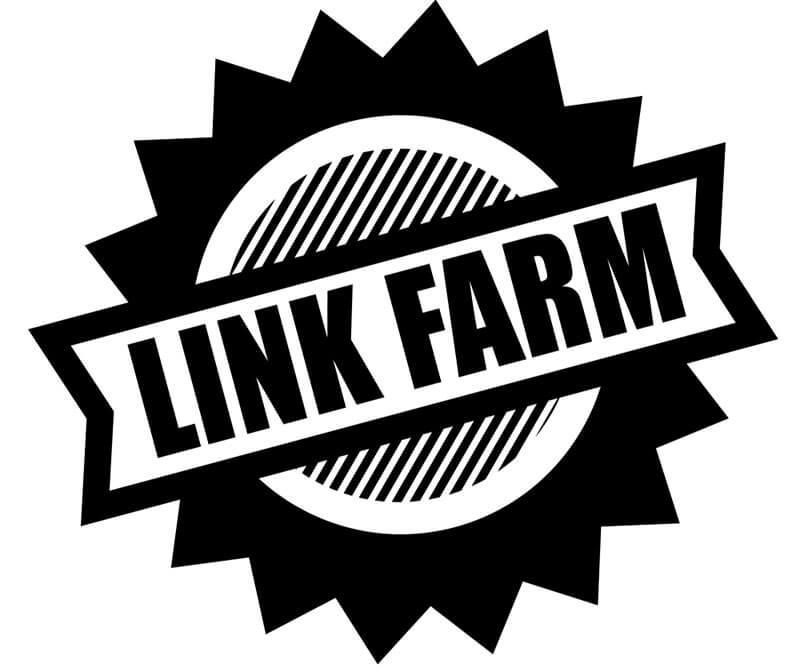Austin: Continuing the Fight Against Web Spam
-

Aaron Gray
-
 April 26 , 2023
April 26 , 2023 -
 4 min read
4 min read
ustin, the first update for 2004, continued to polish the system with algorithm changes that cracked down on more webspam techniques like abusing metadata and hidden content. This tied up loose ends that the previous update wasn’t able to address. Websites that conducted unethical practices but weren’t impacted by Florida felt the repercussions of their sins at this time.
What’s It For
The update targeted FFAs or Free for All link farms, invisible text or hidden content, and stuffed meta tags. These exploited the search engine’s algorithm for the sake of ranking. It provided websites that employed these tactics with incredible results before Austin.
Here’s an in-depth look at each of these techniques:
- Link Farms – Link farms pertain to a group of websites that aim to game the search engine system by linking to every other site in the organization and is a form of spamming the index. It seeks to game the system through dubious link building since Google considers the incoming links that a page gets from other domains as a sign of relevance and authority for a particular keyword.
- Hidden Content – This tactic is also known as content cloaking and was effective at manipulating the system for a time. The practice involves stuffing high-traffic keywords in a page and matching the font color of those particular terms with the background; thus, rendering it unreadable to human users but still allowing search bots to crawl through them. Some also utilize font size 0 which gets the same results while others hide links that led to unrelated content.
- Meta Tag Stuffing – Meta tags are HTML codes that provide search bots with data about a web page. This information allows them to crawl more easily through billions of websites without sacrificing the quality of their performance. Some webmasters abused this process by repeating keywords in the tags and using ones that aren’t related to the content.
What Were Its Effects
Sites that were found to have employed these tactics were penalized, and some were even banned immediately from the search engine. This led to lots of frustration especially for site owners who outsourced their SEO processes to an unreliable agency which cost them their domain’s reputation.
What It Means for You
Google has been consistent with its fight against web spam because they want to recommend high-quality websites to users looking for solutions to their queries. It was even said that, essentially, the search engine was the most relevant content; not the most optimized.
That’s not to say, though, that you shouldn’t do all you can to ensure that your website shows up at the top of the SERPs. Here are a few on-page SEO tips to help you do just that:
- Write Unique but Descriptive Title Tags While you may think that producing the body of your blog post is hard, creating a unique title tag that gives readers an idea of the content’s general theme is even more difficult. It must include your primary keywords to let search engines know what the page is about.
- Create Compelling Meta Descriptions A meta description is the summary of your article. It shows up along with the title tag and URL in the search results and gives users a concise account of what’s in store for them when they click on your link. It should still include your primary keywords and stay within the ideal 150 to 160 character limit.
- Produce Relevant Content If the title tags and meta descriptions are the hook and bait, the body of your blog post is where you completely reel users in and even make them grateful that you did so. Your content should provide your readers with valuable information that answers their queries quickly.
- Don’t Forget Headers and Alt Tags Headers break your post into sections which make it pleasantly readable and scannable. Make the most of this element by incorporating relevant keywords in the most natural-sounding way possible. Meanwhile, since search bots can’t view pictures contextually the same way humans do, alt tags are text descriptions of images in your site which are very useful for letting them know what the file is about.
- Do Internal Page Linking Internal linking is the practice of incorporating hyperlinks to redirect readers to another page on the same website. It’s a crucial strategy since it helps boost the power of those keywords internally and introduce new audiences to your other content. Plus, it also enables users and search bots to navigate through your domain much more easily.


